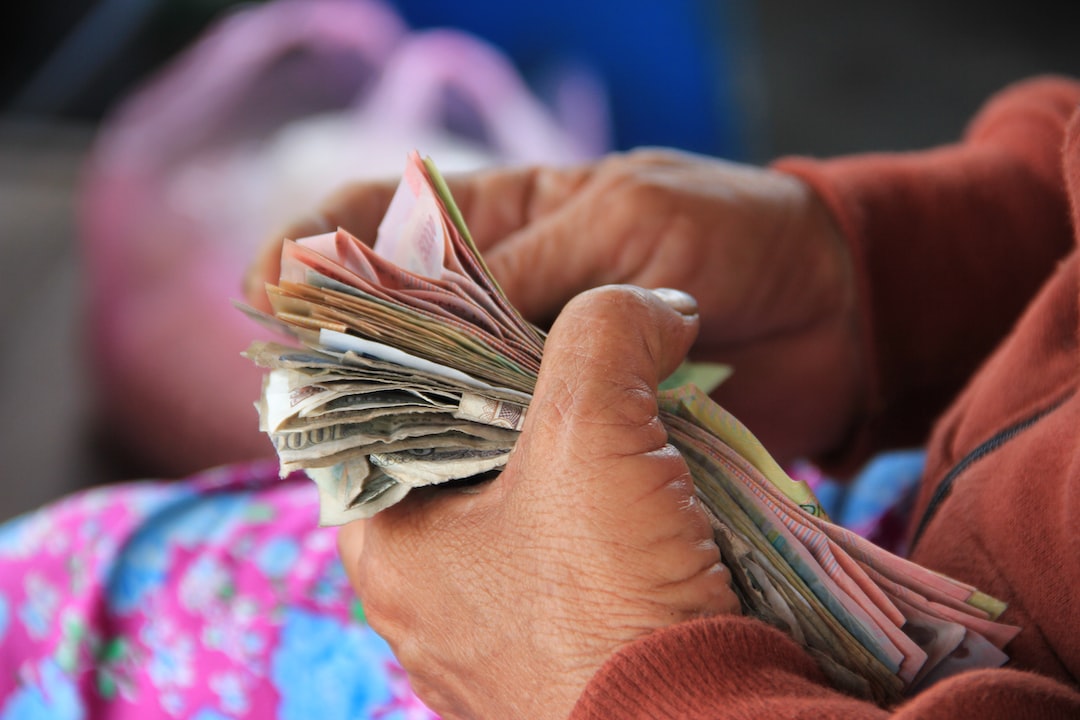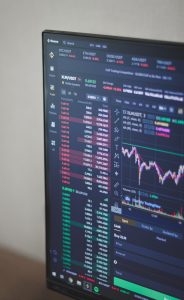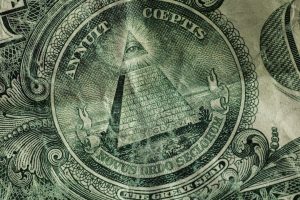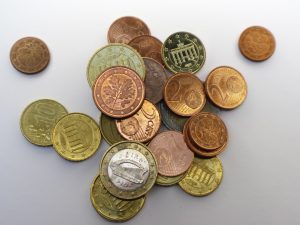Futures, options, and forex are all finance terms that belong to the derivatives category. Derivatives are financial instruments that derive their value from underlying assets such as stocks, bonds, commodities, or currencies. These instruments are used to hedge risks, speculate on price movements, and manage portfolios.
Futures
Futures are a form of derivative contract that obligates the buyer to purchase an underlying asset at a specific price and time in the future. Futures contracts are traded on exchanges and are standardized in terms of the quality, quantity, and delivery date of the underlying asset. Futures can be used to hedge against price fluctuations, lock in a price for a commodity, or to speculate on the future price of an asset.
For example, a farmer may sell futures contracts for the upcoming harvest of their crop to lock in a price and protect against price fluctuations. A trader may purchase a futures contract for gold at a specific price, speculating that the price of gold will increase in the future, allowing them to sell the contract for a profit.
Options
Options are another type of derivative contract that gives the buyer the right, but not the obligation, to buy or sell an underlying asset at a specified price and time. Unlike futures, options contracts are not mandatory and can be bought and sold on exchanges. Options can be used to hedge risks, speculate on price movements, and generate income.
There are two types of options: call options and put options. A call option gives the buyer the right to buy an underlying asset at a specific price and time, while a put option gives the buyer the right to sell an underlying asset at a specific price and time.
For example, an investor may purchase a call option for a stock they believe will increase in value. If the stock does increase in value, the investor can exercise the option and buy the stock at a lower price, then sell it at the higher market price for a profit. If the stock does not increase in value, the investor can choose not to exercise the option and only lose the initial cost of the option contract.
Forex
Forex, or foreign exchange, is the largest financial market in the world, with trillions of dollars traded daily. Forex trading involves buying and selling currencies in pairs, such as USD/EUR or GBP/JPY. The value of these pairs is determined by supply and demand, economic factors, and geopolitical events.
Forex trading can be risky due to the high volatility and leverage involved. Leverage allows traders to control a large amount of currency with a small amount of capital, amplifying both profits and losses. Forex traders can use various strategies such as technical analysis, fundamental analysis, and automated trading systems to make decisions.
For example, a trader may purchase USD/EUR with the expectation that the value of the US dollar will increase relative to the euro. If the value of the USD does increase, the trader can sell the currency pair for a profit. If the value of the USD decreases, the trader may choose to cut their losses and sell the currency pair at a lower price.
Conclusion
Futures, options, and forex are all important finance terms that belong to the derivatives category. These instruments allow investors to hedge risks, speculate on price movements, and manage portfolios. While these investments can be lucrative, they can also be risky due to the high volatility and leverage involved. It is important for investors to understand the risks and benefits of these instruments and to seek professional advice before investing.





